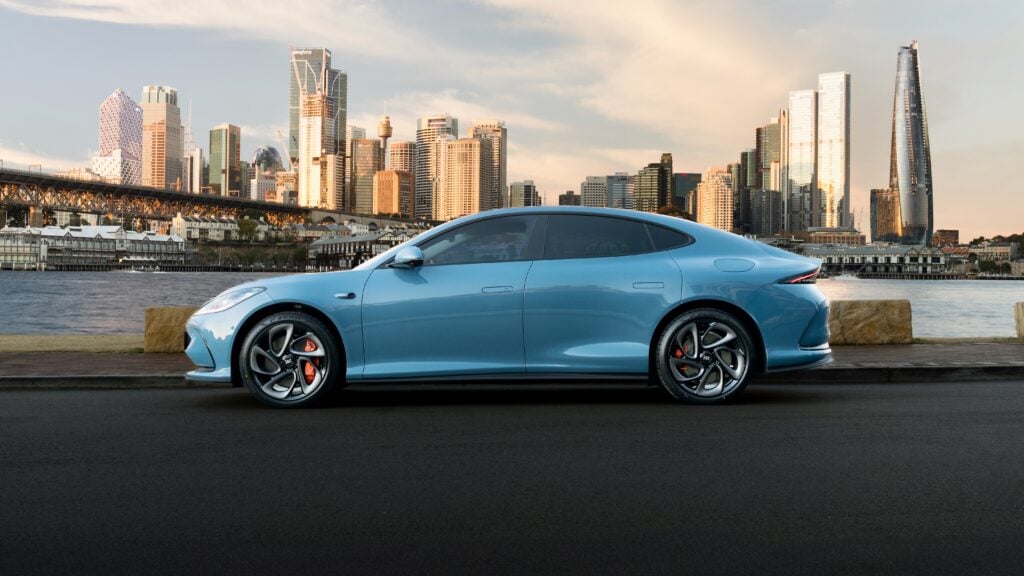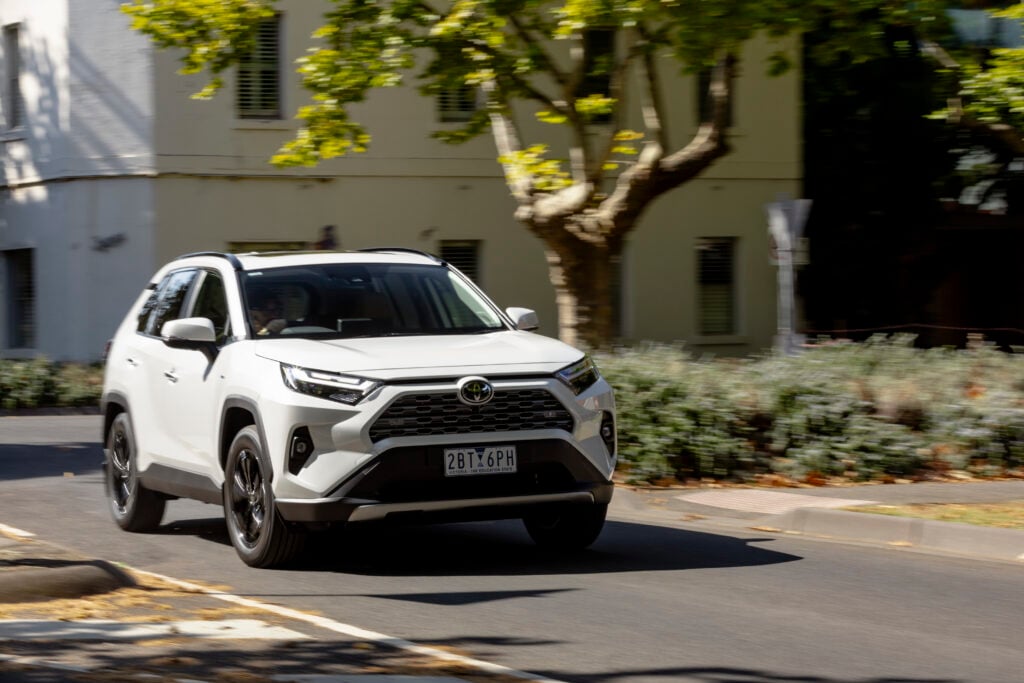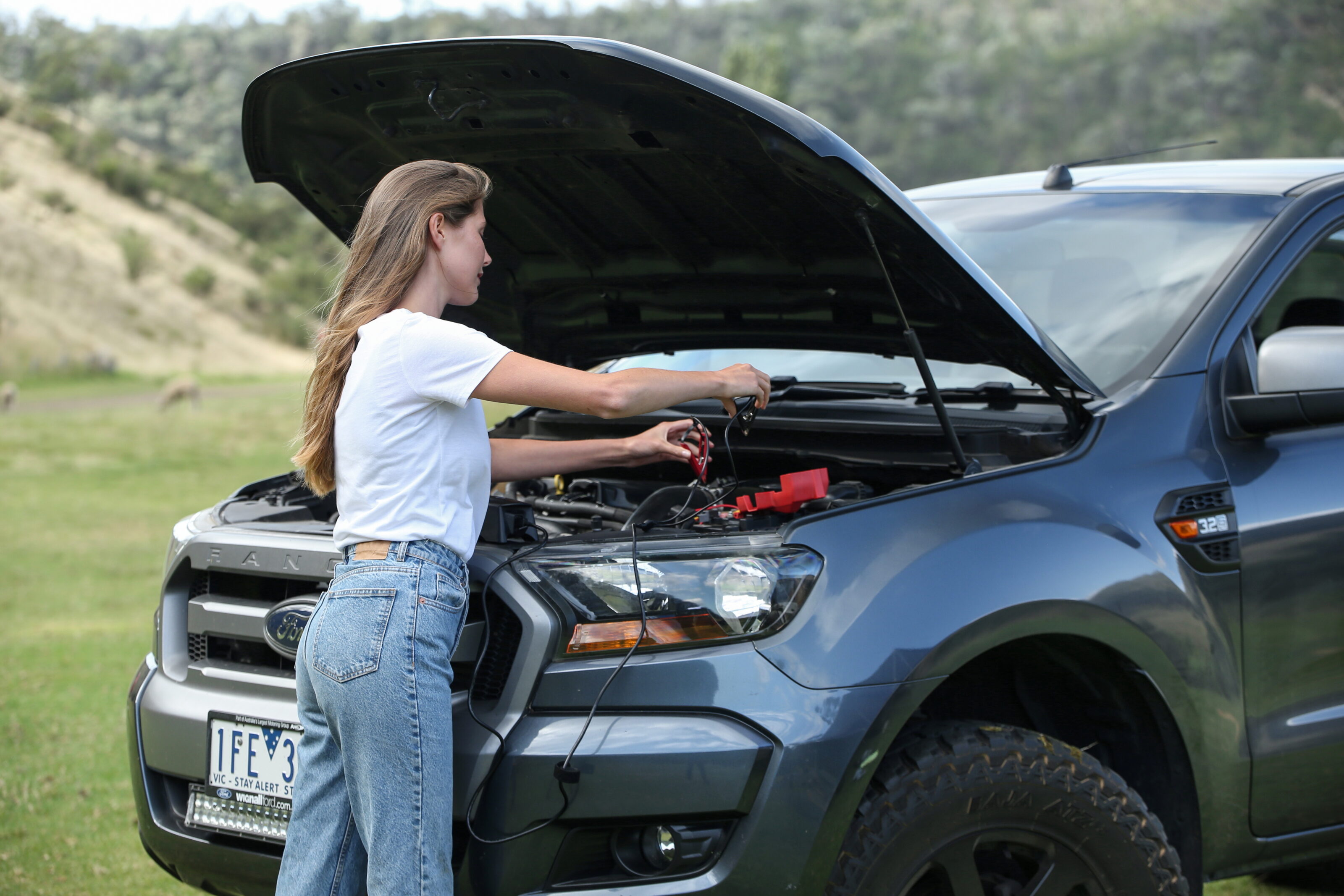
Throughout the recent years of the pandemic, and even now as those days of lockdown recede into the rear-view, an uptake in working from home has seen vehicles used less and less, with an increasing rate of battery related breakdowns.
Global supply shortages and ballooning used car prices have forced households to hold onto their cars longer, too, with the Australian Bureau of Statistics stating that the current average age of vehicles in Australia is 10.6 years – the highest observed in recent times with older batteries in disuse suffering accelerated rates of depletion.
New electric vehicles and plug-in hybrids come with their own unique requirements and quirks that owners should be aware of. For EVs, it is regarded as best practice to set a charge limit of 80 to 90 per cent to best mitigate degradation of the lithium-ion battery.

Plug-in hybird (PHEV) owners may not realise that the car’s 12V battery also runs essential accessories like the climate control, and will often limit itself to 80 per cent capacity under regenerative brake-charging. It’s worth checking your owner’s manual to see if you can charge your PHEV 12V battery independently to get it to 100 per cent.
Optimal maintenance of your car’s battery can drastically extend its lifespan, saving you money in the long-term. Read on for five tips on how you can take a proactive approach to maintaining the health of your car’s battery.
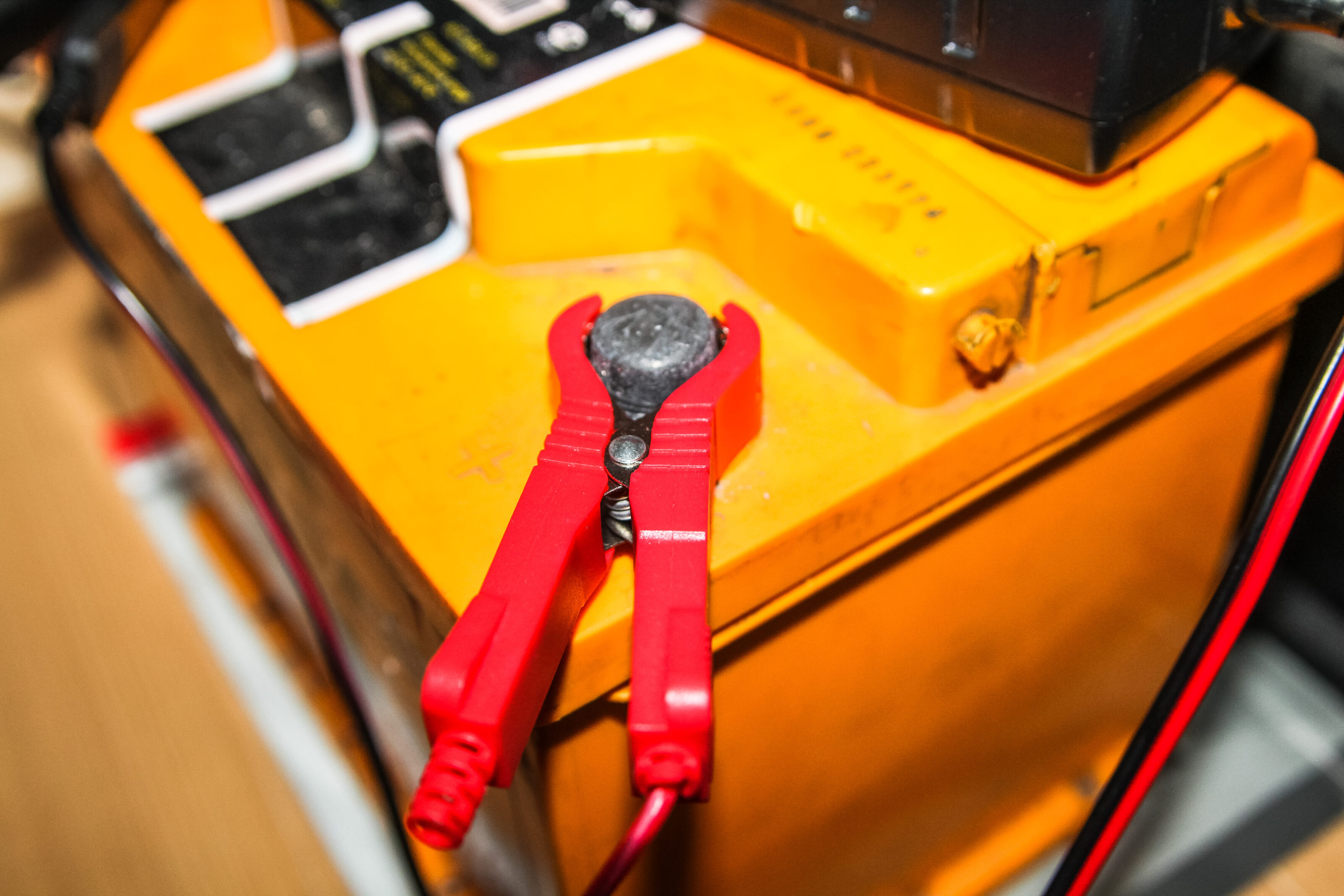
1. Regular battery charging
Battery failure is the most common cause of breakdowns, so regular charging can help ensure your vehicle’s battery is kept in its most reliable operating condition and can even prolong its battery life, reducing emissions and waste, and saving you money.
In order to maximise battery health, it could be worth getting into a monthly routine of charging your car with a trickle-charger. This ensures regular top-ups and can be applied to both combustion and plug-in hybrid vehicles.
2. Try to avoid, or plan for, periods of disuse
Even if you car has not been driven for a period of time, subtle ancillary systems such as the alarm, internal clock and vehicle computer can slowly sap away battery capacity in the background.

Most conventional combustion cars must be running for some time before the energy lost on startup begins to be regained, so even if the car has taken a few infrequent short trips, the battery could be depleting without you knowing.
Households that own a secondary recreational, classic or vintage vehicle that isn’t used every day, and only brought out on the weekend when the weather is nice, will also require upkeep. You can permanently leave them on a trickle charger, or you can look into a variety of easily-installed battery isolators that you can disconnect, preventing battery discharge, when the car is being not being used.
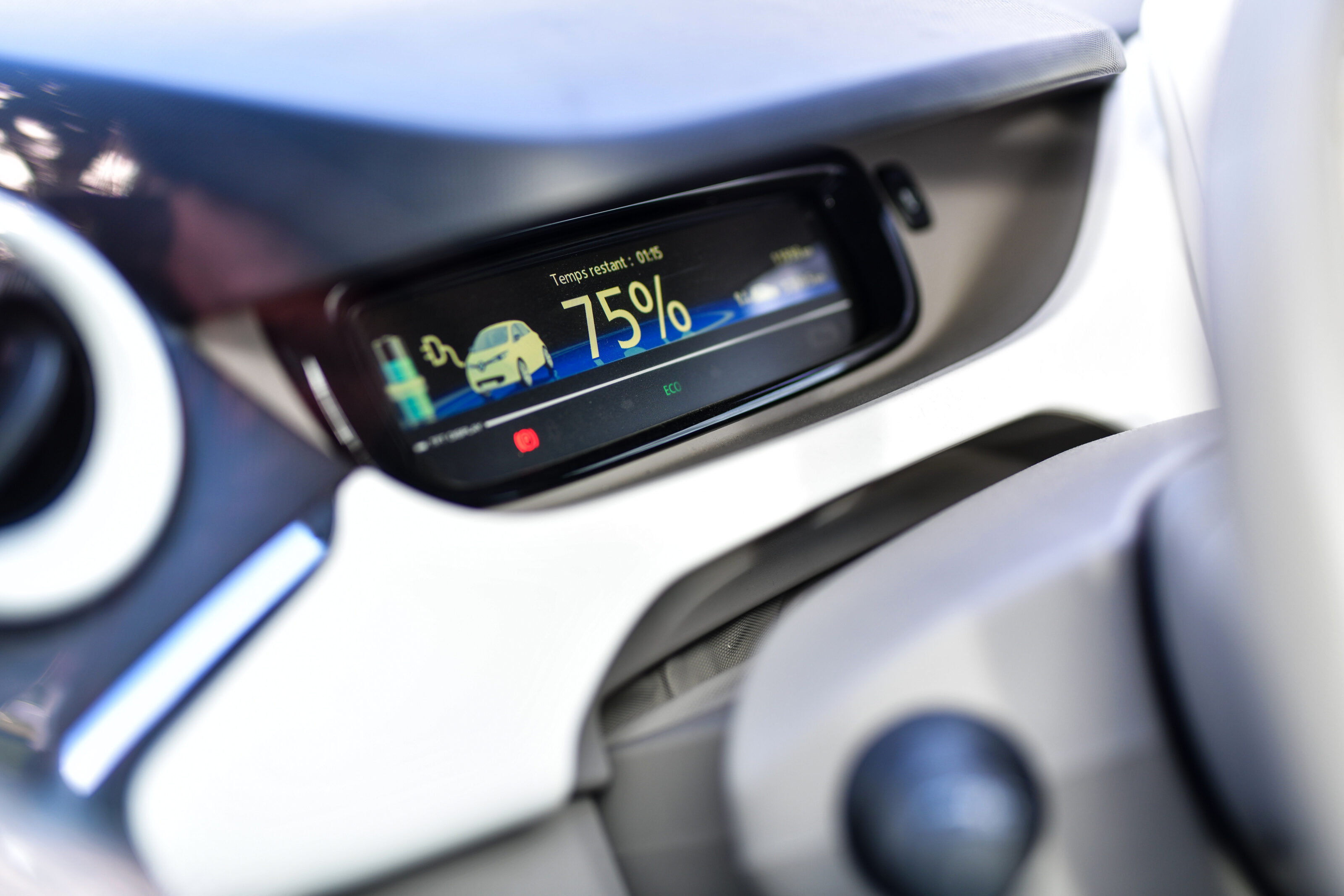
3. The EV ‘ABC’
Electric vehicle lithium-ion batteries should not be charged to their full 100 per cent, as repeated full cycles slowly deplete health and capacity over time.
A charge limit of 80 to 90 per cent is recommended, as this stops the battery from completing too many full cycles. With the limit in effect, you can safely ‘Always Be Charging’ without concern of degrading the overall battery life. Optimum conditions for a lithium-ion battery is maintaining charge between 20 and 80 per cent, with a full 100 per cent charged only recommended for long journeys.
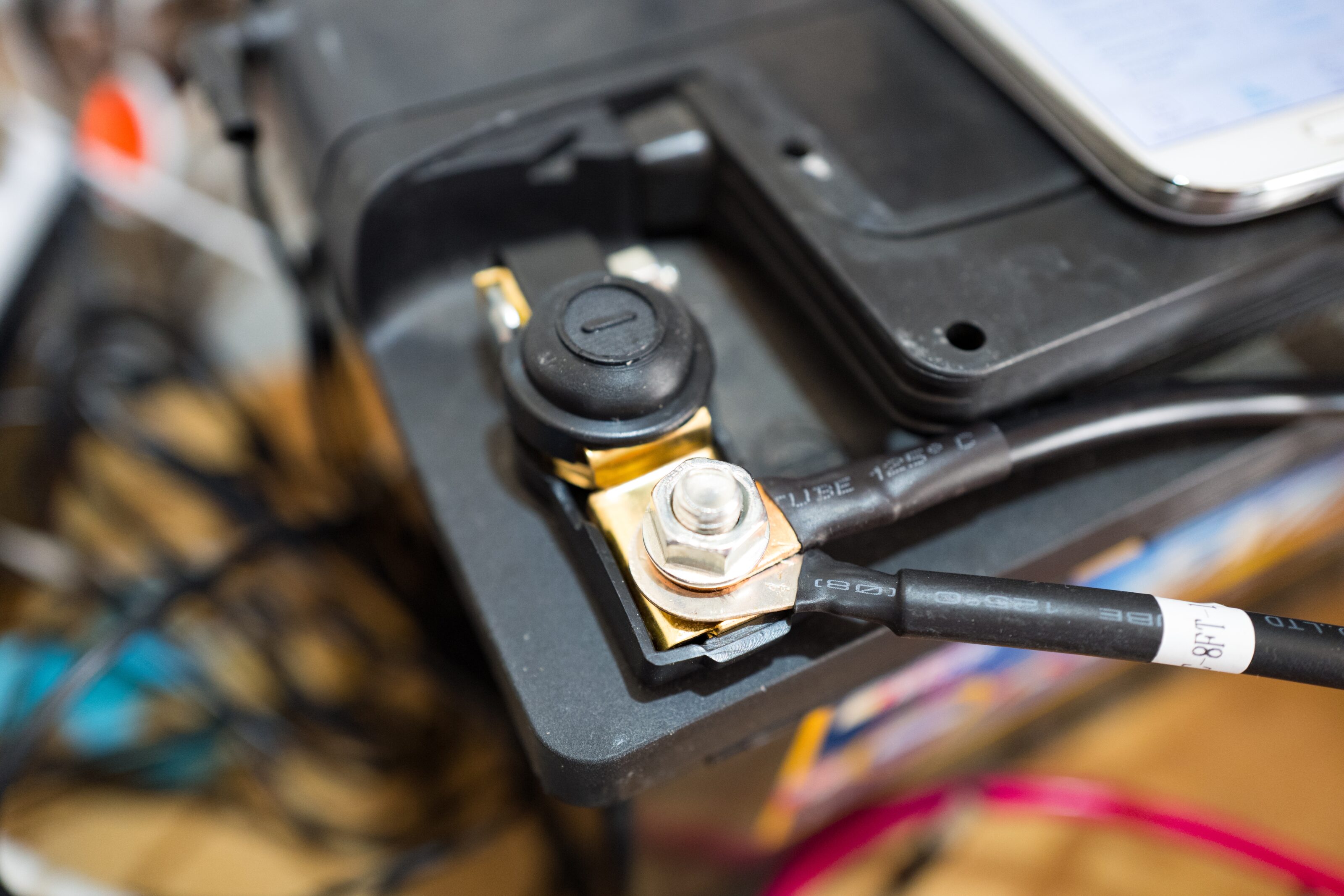
4. Clean your battery
Dirt and grime that collects on battery terminals can cause a leakage across the battery case, and in worst cases cause a short circuit. Corrosion on terminals can also build up over time, and can hinder the flow of electricity from the battery.
Check your battery regularly, and remove surface grime with a dry sponge or cloth.
A heavy build up of corrosion can often be rectified by your mechanic at your next scheduled service.
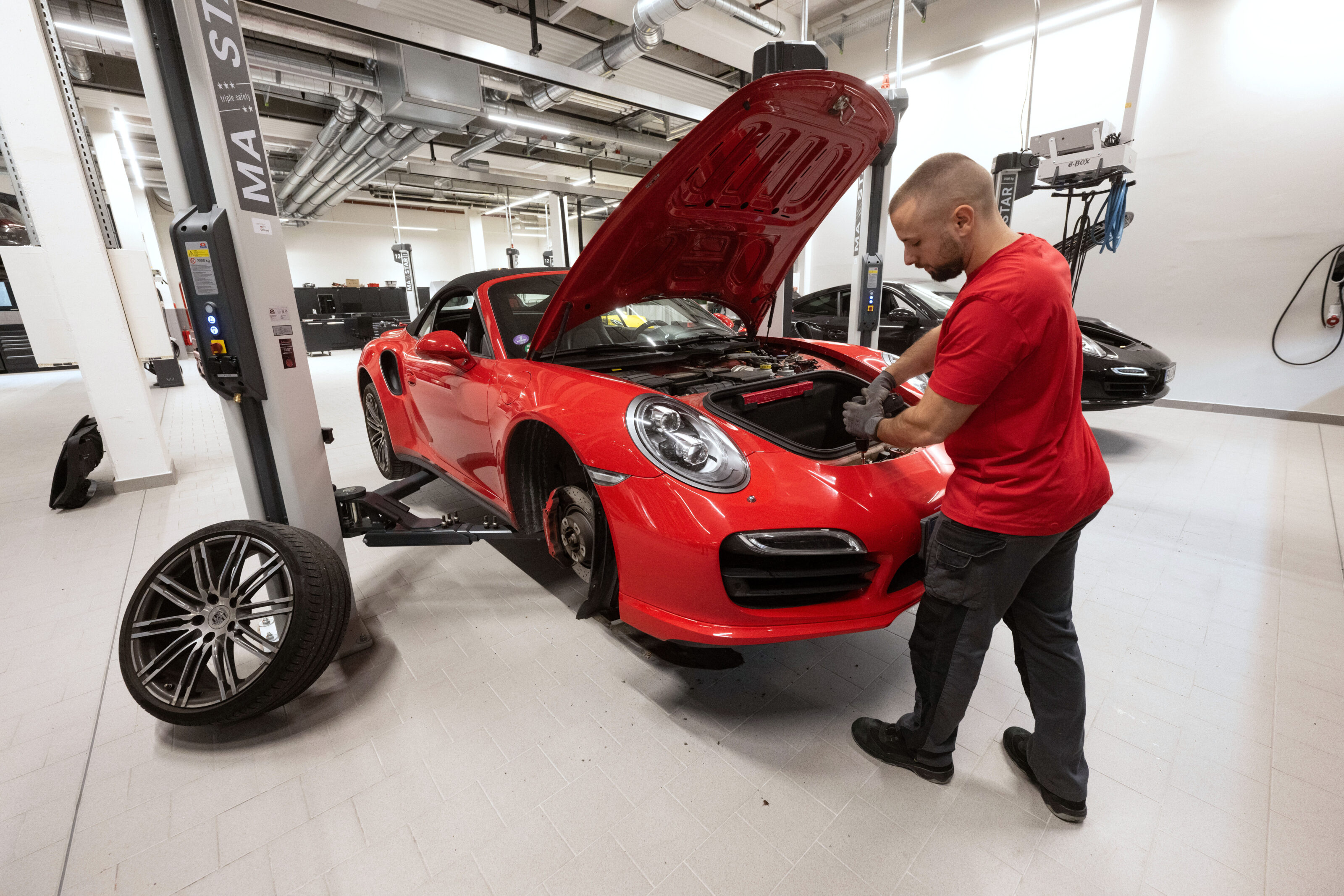
5. Service your car regularly
A battery health check should be part and parcel of your car’s regular scheduled servicing. You can ask them to check the health of your car’s battery at your next service, and there are numerous other mobile options such as RACV, or your local state equivalent.
? More reading on EV battery news
Not finished learning about electric car battery tech? Here are some more stories for you.
⚡ More EV stories to help you choose the best car for your needs
? MORE advice stories to help you with buying and owning a car
We recommend
-
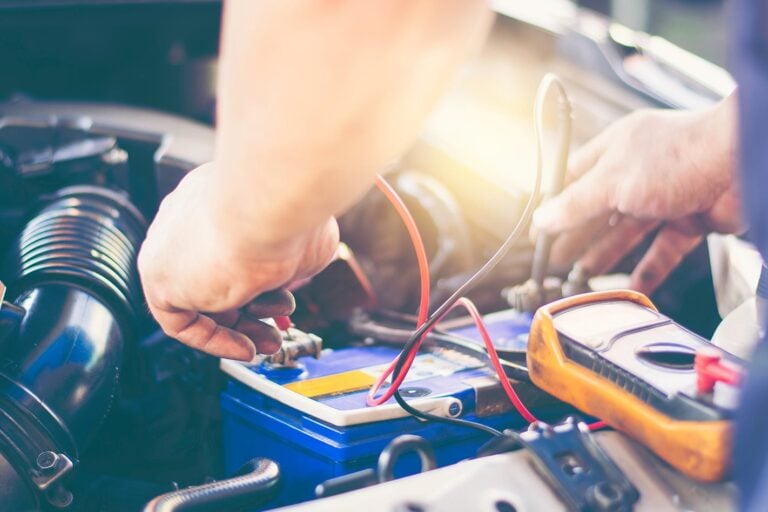 Advice
AdviceBattery failure early warning signs
Is it your battery getting tired or is there something else at fault? Here are some simple signs to look for
-
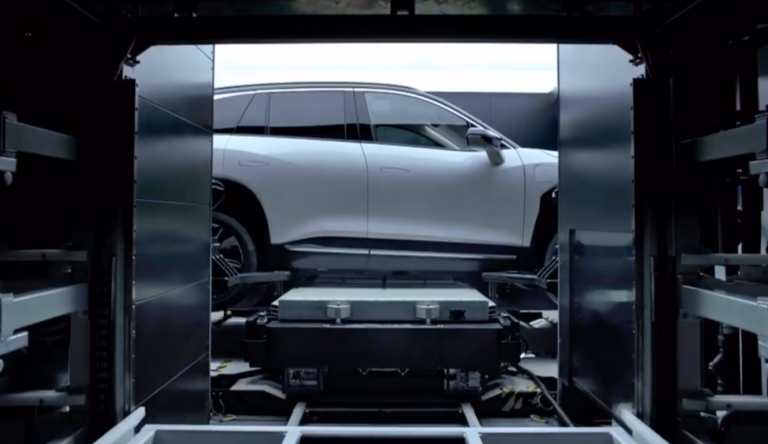 News
NewsTech explained: Electric vehicle battery swapping
Tesla thinks it’s a joke, but Chinese EV upstart Nio is betting billions on autonomous battery ‘swap stations’ that could pull the plug on roadside recharging



